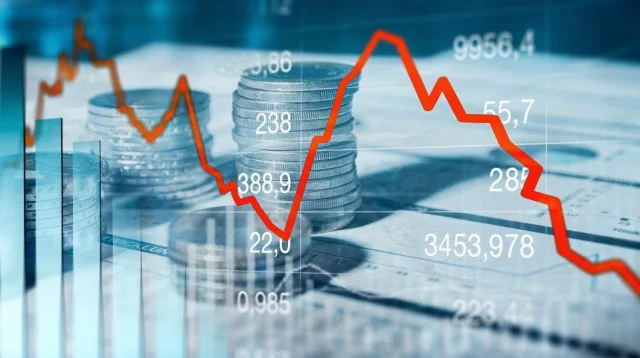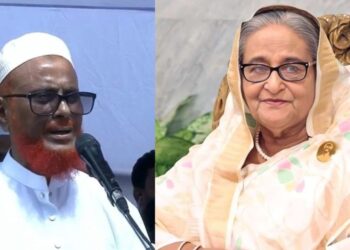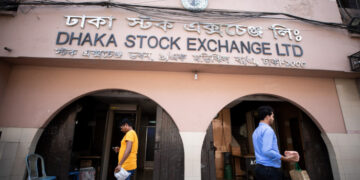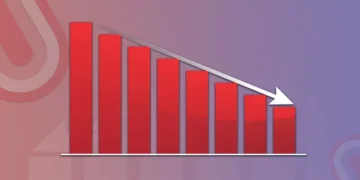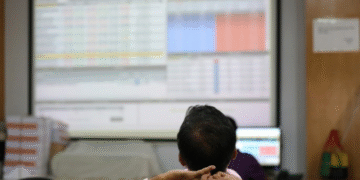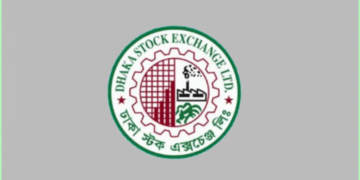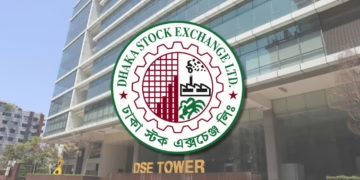Bangladesh faces a severe stock market crash as investors report a staggering 90,000 crore taka loss within eight months, raising concerns over economic governance and transparency.
Over the past eight months, Bangladesh has witnessed a sharp and devastating stock market crash, with investors alleging that more than 90,000 crore taka has been lost. The Bangladesh Capital Market Investor Association (BCMIA) made this statement on Saturday at a press conference held at the CMJF auditorium in Dhaka, drawing attention to what they described as an alarming breakdown of the market system.
BCMIA leaders stated that the market has faced systematic looting since recent political changes, claiming that this crisis has deeply eroded investor confidence and damaged the nation’s economic outlook.
According to the organization, on Wednesday, the Dhaka Stock Exchange (DSE) suffered its sharpest single-day fall in five years, with its main index plunging 149 points, or 3.02 percent, closing at 4,802 points. Investors view this as a direct outcome of mismanagement and political instability.
“Eight months have passed, yet no one seems to fully grasp the situation of this,” said S.M. Iqbal Hossain the President of BCMIA. “The accomplices of this authoritarian regime have used their power to plunder the capital market in a way that surpasses the past 15 years.”
He claimed that around 90 percent of small investors have lost their capital during this period, pushing many to financial ruin. “The market has once again fallen into a negative trend,” he said.
Read More: Speaking for Awami League on Facebook or YouTube Can Get You Arrested
Hossain added that “the crisis cannot be separated from broader national challenges ,We cannot just focus on the stock market. To save the stock market, we must also address the country’s unrest, instability, and economic destruction.”
The association accused influential political figures and their allies of manipulating the market for personal gain. BCMIA leaders insisted that regulatory authorities have failed to protect investors and that a vacuum of accountability has left the market vulnerable to exploitation.
At Sunday’s scheduled meeting, Dr. Muhammad Yunus the chief advisor is expected to hold discussions with economic advisors and market-related officials. However, investors expressed doubt about the effectiveness of the gathering.
“No one invited to that meeting has a track record of offering real, practical solutions for the capital market,” said one investor. “This is not the time for symbolic discussions. We need concrete actions.”
The BCMIA warned that unless immediate and meaningful steps are taken—including the inclusion of real investor representatives in key decisions—the capital market may continue to deteriorate, further threatening the country’s financial stability.
As of now, investor sentiment remains critically low, with calls growing louder for structural reforms, transparency, and protective measures to restore confidence in Bangladesh’s fragile market.
Share via:

